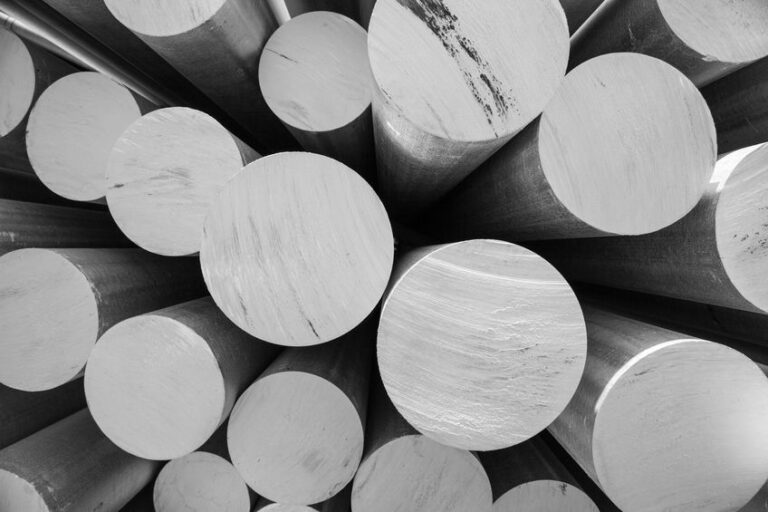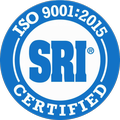
Ten smartfon, którego używasz do sprawdzania Facebooka, poczta e-mail i internet? To możliwe dzięki metalom przemysłowym. W rzeczy samej, wiele z dzisiejszych osiągnięć technologicznych jest wymaganych, częściowo, metali używanych w sposób, który zaledwie sto lat temu zniszczyłby umysły ludzi żyjących na planecie Ziemia.
Energia i technologia opierają się na kilku metalach, including copper, aluminium, zinc and nickel. These metals help make things like electric vehicles, wind turbines and solar panels possible.
Miedź
Copper has been used for centuries– way back to plumbing systems in ancient Egypt! Copper conducts electricity, and it is corrosion-resistant and ductile. Today’s average electrical vehicle has about 200 pounds of copper in it! Expect the demand for copper to explode if and when electric vehicles become the norm.
Aluminium
Aluminum is resistant to salt-water corrosion, has a high strength-to-weight ratio and is lightweight– lighter than steel, na przykład. Aluminum has been used in recent times to increase vehicle fuel economy as well as coat roofs to reflect sunlight, helping make buildings more energy-efficient.
Nikiel
Nikiel, which is hard, malleable and ductile, can be used in electronic circuitry and rechargeable batteries. Did you know nickel is a component of stainless steel? The stainless steel appliance in your kitchen has nickel in it. Nickel is also used in the production of pharmaceuticals and chemicals that benefit humanity.
Our modern world functions thanks to industrial metals.
If you’re looking to buy metal(s), contact Eagle Alloys at 800-237-9012. Eagle Alloys is a global materials supplier based in Talbott, TN. You can email sales@eaglealloys.com if you have any pertinent questions.






